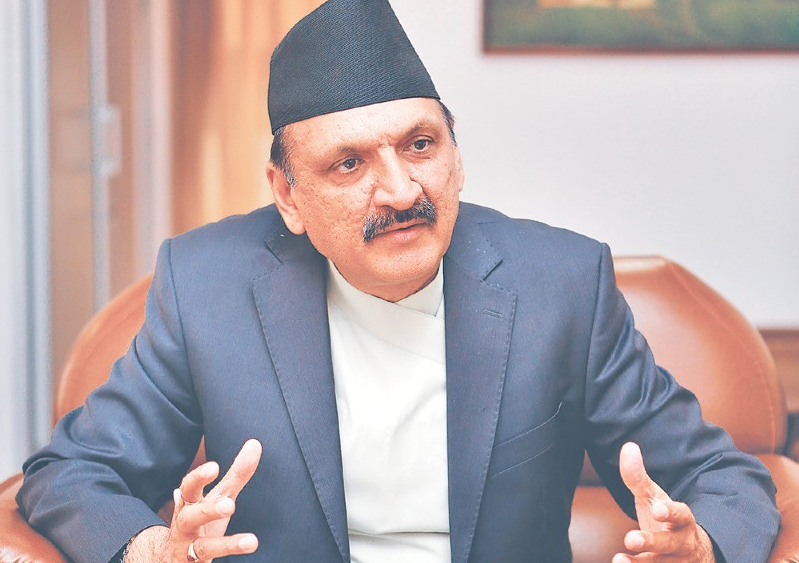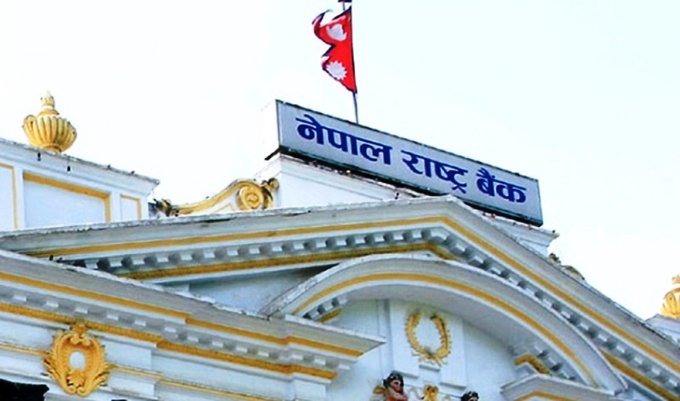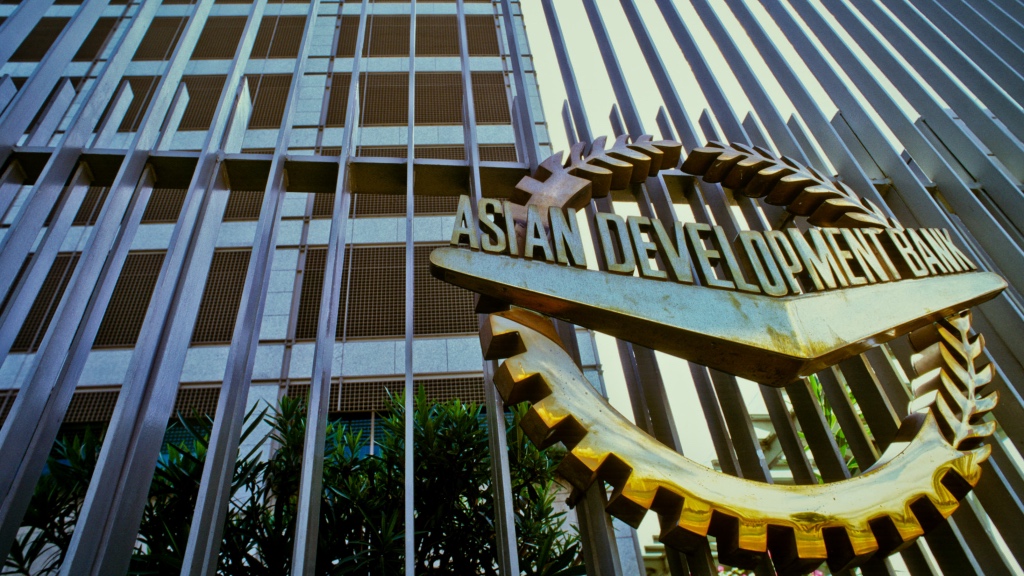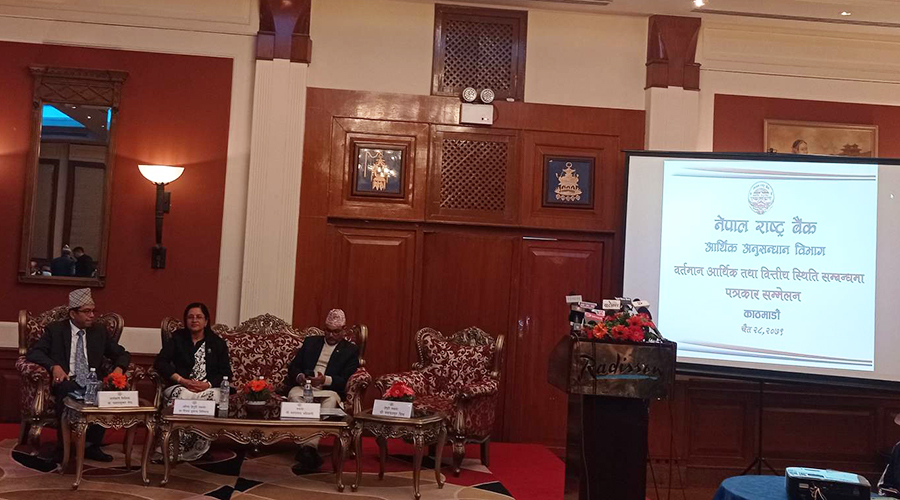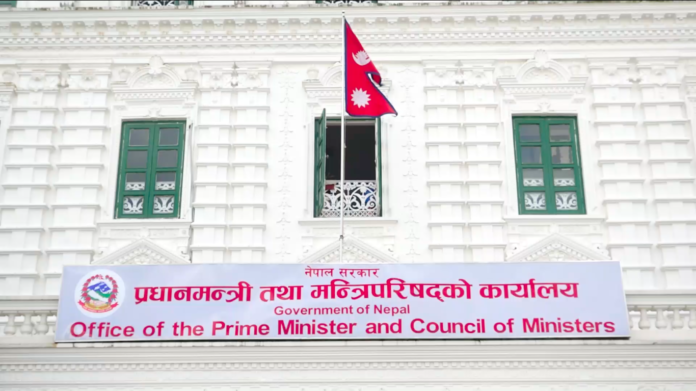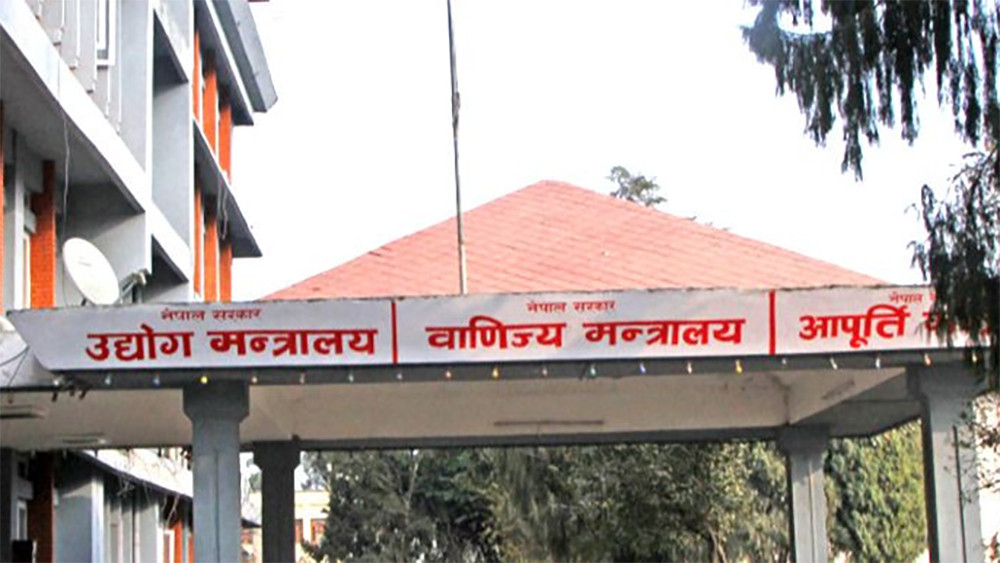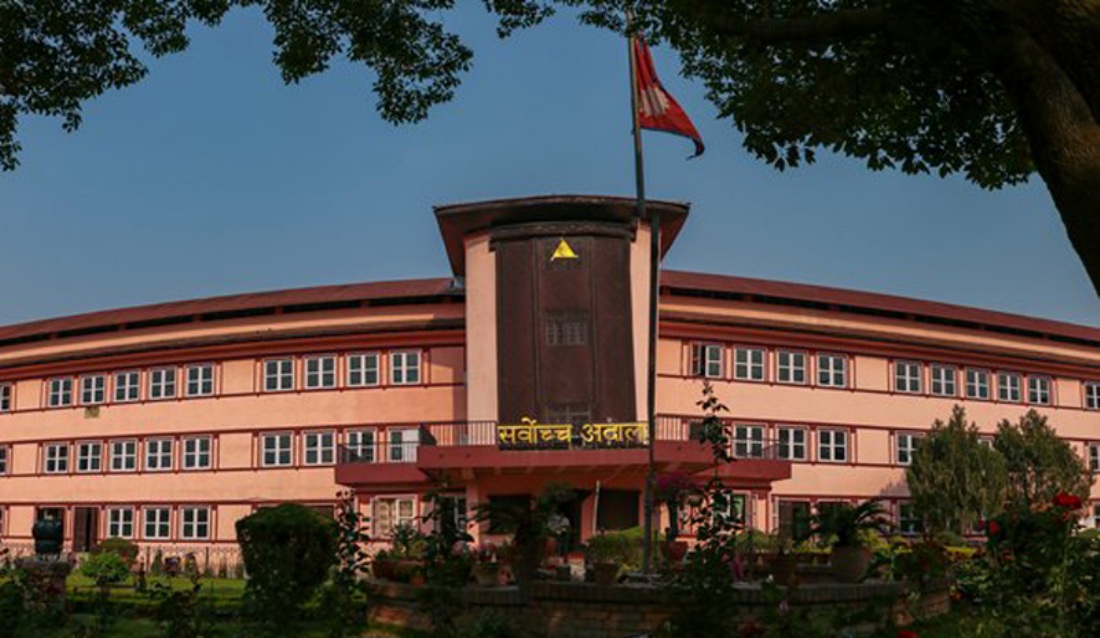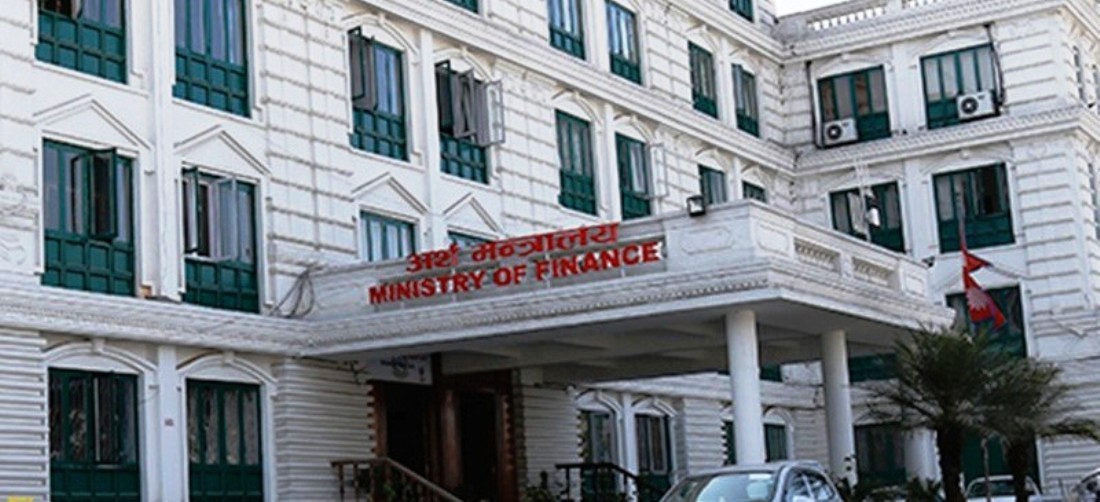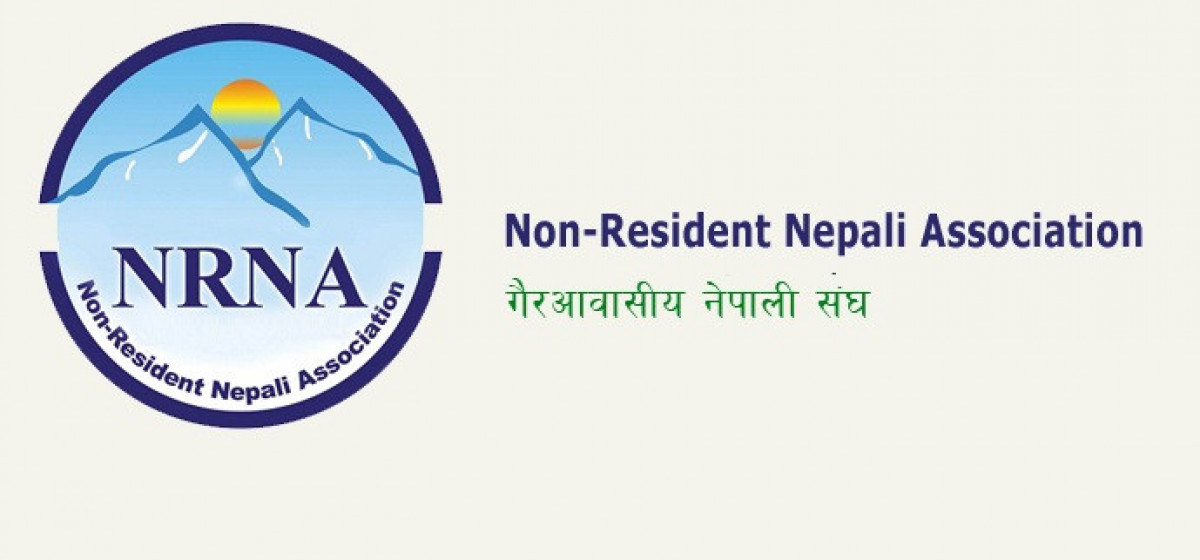Kathmandu: Finance Minister Dr. Prakasharan Mahat has said that it will take some time to completely solve the problems seen in the economy. Economist Mahat, who returned home on Sunday after participating in the joint annual meeting of the World Bank and the International Monetary Fund (IMF) held in Morocco, said in a press conference held at the Tribhuvan Airport that it will take some time to restore the long-standing problems in the economy.
He said that signs of improvement in the country’s economy have already started. Finance Minister Mahat said that on the sidelines of Morocco’s annual meetings, the participants discussed issues of collective and bilateral interest and also got the opportunity to network with the international community.
He said that there was also a discussion on the issues of financial governance, transparency and the need for reforms according to Nepali context and environment.
There is an arrangement that the finance minister will be the ex-officio governor of the World Bank and the governor of the National Bank of the IMF. Similarly, there is an arrangement that the Finance Secretary will be the alternate governor of the World Bank and the Joint Secretary of the International Financial Assistance Coordination Division will be the alternate governor of the IMF.


 NP
NP